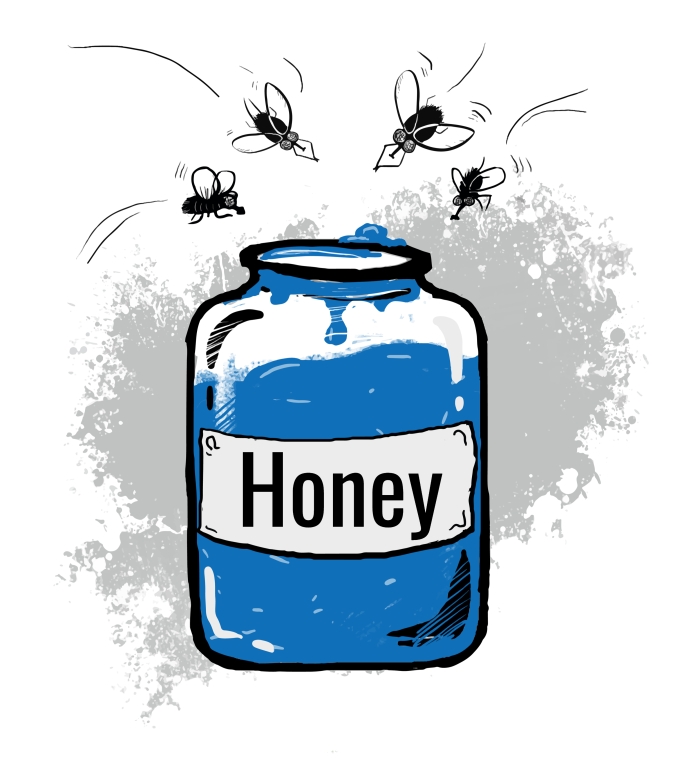I. You. She and he.
I was working late on my outline and had a freak out. What is the point of view going to be?
My first draft was in the first person. I kept getting stuck because I wanted to convey what other characters were going through. My other drafts played with third person limited.
First person: This is the “I” narrator. The character is telling the reader the story. The reader experiences what the character experiences. It’s really great to read but too limiting for what I would like to do. Joe Clifford is a master at this one.
Second person: This is the “you” narrator. Bright Lights Big City is probably the best example I can think of. Great damn book. No idea how Jay McInerney http://www.jaymcinerney.com/ pulled it off.
Third person — two types here:
Omniscient: The all-knowing narrator. This style uses “he” or “she”, can climb into the mind of any character to convey what any “he” or “she” character is thinking and feeling at any time. I’m not that good.
Limited: The narrator is telling the story about “he” or “she”. It’s like the character is wearing a camera on his or her shoulder. This can be used with different characters with page breaks and chapters. Tom Pitts, currently one of my favorites to read, uses it so well he might actually be a wizard.
I’m going with third person limited. I have three characters, maybe four, I’d like to work with. I hope I can pull it off.
All said, the outline is done and my first chapter is under way. Writing is fun again.
 Here are a few helpful links about point of view. Remember, no one will actually tell you which point of view to use. I know, I want my hand held too.
Here are a few helpful links about point of view. Remember, no one will actually tell you which point of view to use. I know, I want my hand held too.
http://thewritepractice.com/point-of-view-guide/
http://www.thebeginningwriter.com/2012/03/look-at-different-types-of-point-of.html
http://nybookeditors.com/2016/01/all-about-point-of-view-which-one-should-you-use/
 It’s helpful, wild and wonderful when the sparks of inspiration fly. Creativity and motivation move through you with elegant perfection. The feeling can be transcendent. Lean back, absorb the endorphin rush and hopefully be inspired again.
It’s helpful, wild and wonderful when the sparks of inspiration fly. Creativity and motivation move through you with elegant perfection. The feeling can be transcendent. Lean back, absorb the endorphin rush and hopefully be inspired again. What about after the dust settles and the haze of inspiration is gone? The work still needs to happen. Whether it’s a creative endeavor, exercise or a work project, if you don’t do the work the inspiration that got you there means nothing. Inspiration comes when it comes. You can’t depend on it.
What about after the dust settles and the haze of inspiration is gone? The work still needs to happen. Whether it’s a creative endeavor, exercise or a work project, if you don’t do the work the inspiration that got you there means nothing. Inspiration comes when it comes. You can’t depend on it. Blind faith in my creative process gets me through the rough patches. Sometimes my fingers feel like anvils, and each attempt at a keystroke is mentally excruciating. I look at the words on the page, my characters, the story, and I hate it. A not so quiet voice in my head tells me its crap, it’ll take too long, I won’t succeed, blah, blah. It’s noise — a construction zone of chaos in my dome, looking for excuses to stop working, get angry and quit.
Blind faith in my creative process gets me through the rough patches. Sometimes my fingers feel like anvils, and each attempt at a keystroke is mentally excruciating. I look at the words on the page, my characters, the story, and I hate it. A not so quiet voice in my head tells me its crap, it’ll take too long, I won’t succeed, blah, blah. It’s noise — a construction zone of chaos in my dome, looking for excuses to stop working, get angry and quit. When it comes to writing, I’ve been called a grinder. Talent lurks in the shadows, but mainly I work my ass off. I’m persistent, I take criticism on the chin and push forward. I’m teachable and determined to succeed. This hasn’t come easy. I’m not known for self-discipline.
When it comes to writing, I’ve been called a grinder. Talent lurks in the shadows, but mainly I work my ass off. I’m persistent, I take criticism on the chin and push forward. I’m teachable and determined to succeed. This hasn’t come easy. I’m not known for self-discipline.